Growing and multi-generational families often want more space and features for their homes. That raises an important question — should they renovate their existing home or move into a larger/newer house that has what they want? If you face this predicament, here are the key points to consider in the renovate vs. move debate.
Neighborhood and Location
You’ve probably heard that location is one of the most important factors in choosing a home (and setting a price), and it’s true. Consider the impact of moving away from your current neighborhood. Will you leave any friends behind? Will your work or school routes change? What about the places you love to walk to or visit? Will you have access to shopping and healthcare? There are a lot of quality of life questions that are important to ask before moving.
Market Estimations and Financing
You also need to consider the financial costs involved. What price can you get for your current home? Has your home appreciated in value, or depreciated (this is especially important when it comes to paying off a mortgage)? Will a sale at market prices be enough to cover purchasing your ideal new home, which is likely to be more expensive? And what about that renovation — will you need to take out a loan or line of credit to complete it? How much will this ultimately cost, and how does it compare to switching houses? If you live in East Cobb, the area is perfect for building an addition onto your home because of the great return on investment potential.
Costs of Preparing Your Home for Sale
Be prepared to spend money getting your home ready to sell too. This includes fixing any issues that a home inspection may bring up, touching up parts of your house that may need work, and, of course, hiring an agent or service to help you sell.
Even after you have moved in, a new home tends to have hidden costs. From painting and repairs to buying new window treatments or installing new floors, the average new homeowner spends around $10,000 getting their home just right.
Costs of Moving Into a New Home
Packing and shipping take both a serious time investment and a financial investment in the form of moving fees and supplies. Remember to calculate how much work and money these basic moving tasks will take when comparing your options. Also, most families realize it’s almost impossible to buy the perfect home. Most homes require modifications to make them work for how you will live in the home.
Costs of Living in a New Home
Many times, clients find it is more affordable to remodel their existing home. From painting and repairs to buying new window treatments or installing new floors, the average new homeowner spends around $10,000 getting their home just right. If you are thinking about whether or not to build an expansion, keep these additional costs in mind.
Required Changes for the Renovation
It’s also important to take a look at the required renovation work, and how much it will cost. Will you need new wiring, plumbing, or insulation? What work will you need to do to meet local building codes for residential spaces? An expansion changes how much air in your home needs to be heated and cooled — do you need to make HVAC changes as well? Then there are more mundane concerns like carpet, flooring, and furniture. And don’t forget about tax deductions! Include them all before you decide.
Do you have a clear idea for your renovation? At Quality Craftsmen, we can help. Schedule your spring projects today and get a free quote!
Subscribe to Quality Craftsmen's Blog




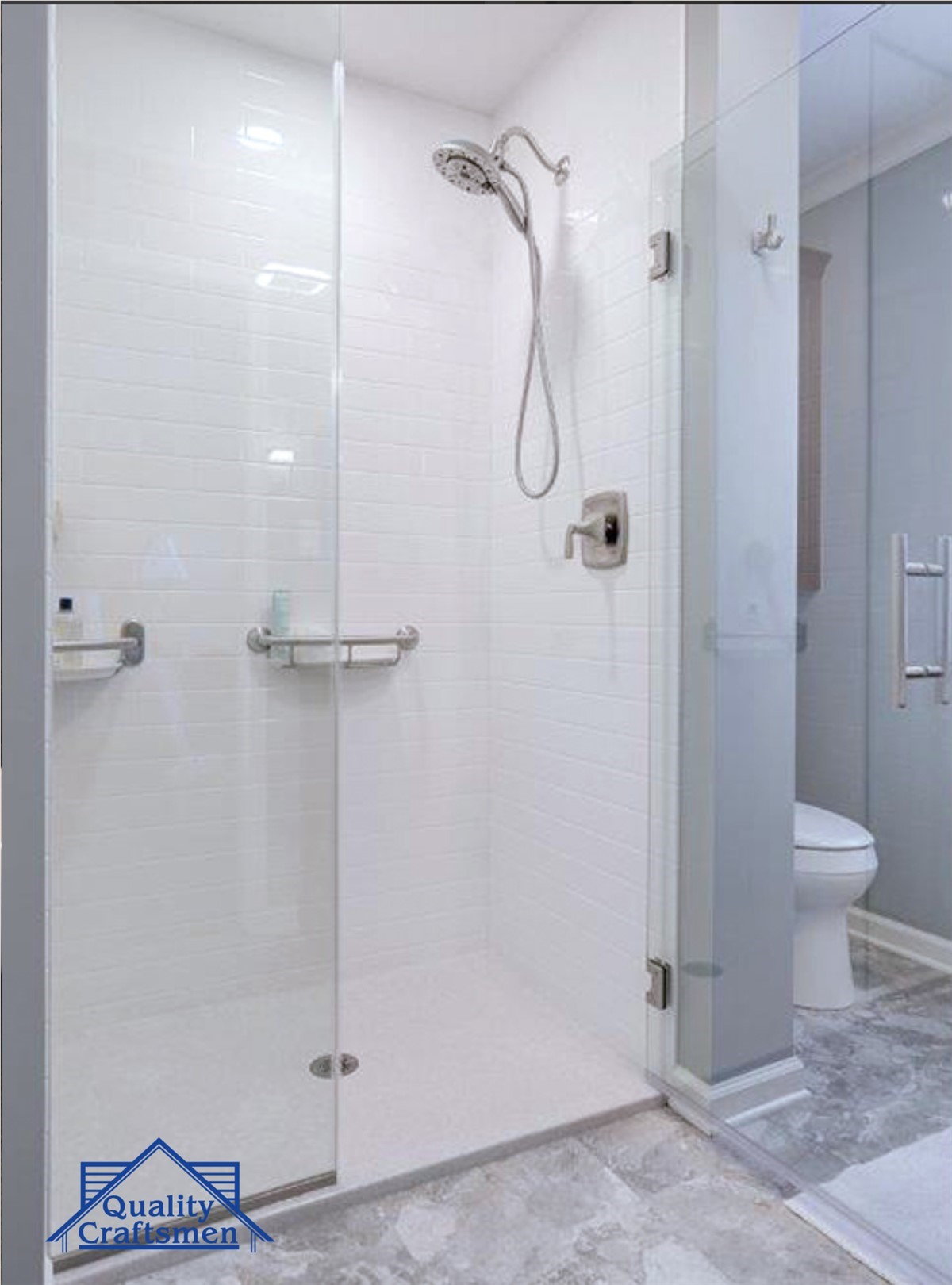
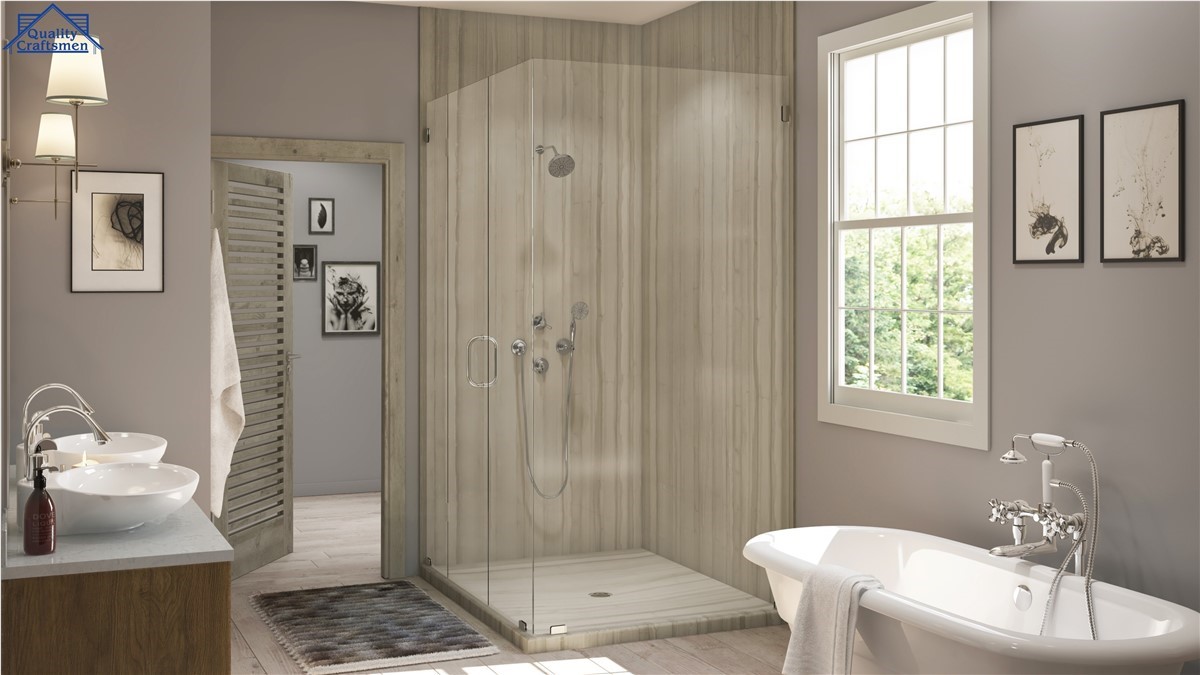
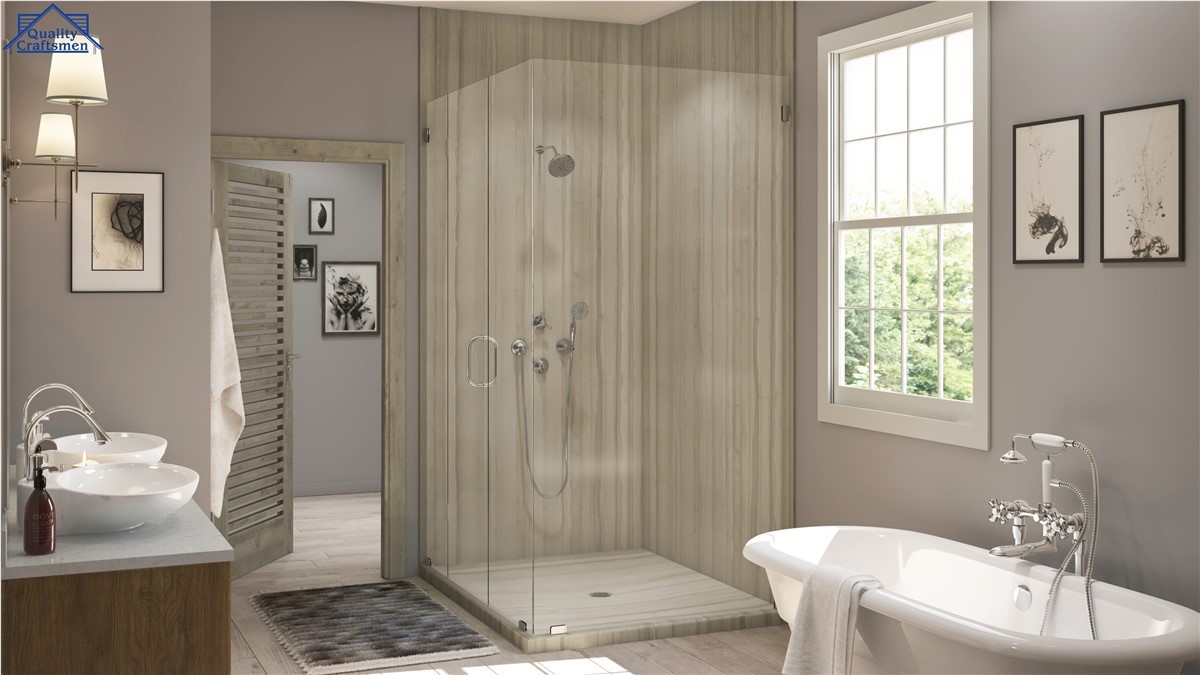
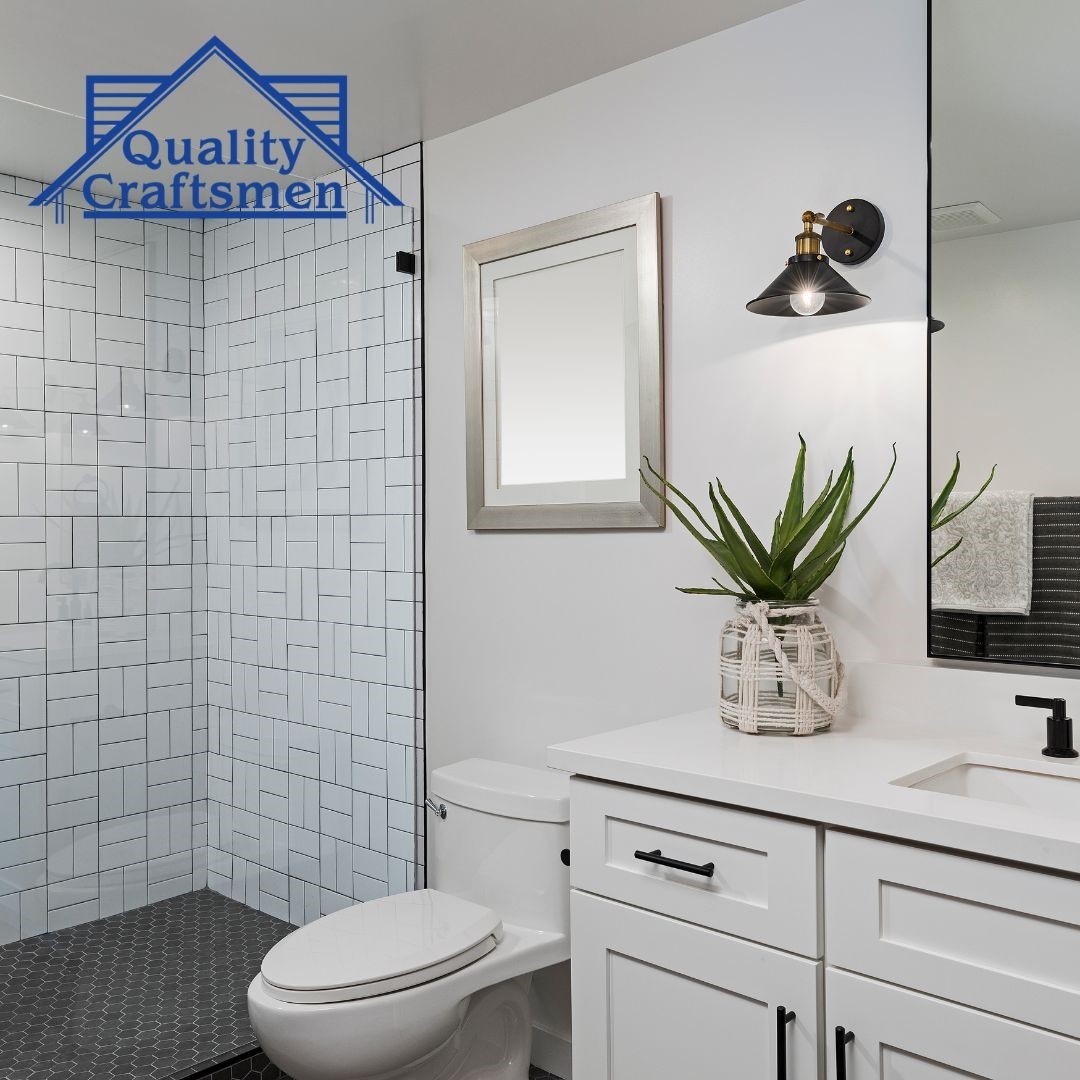
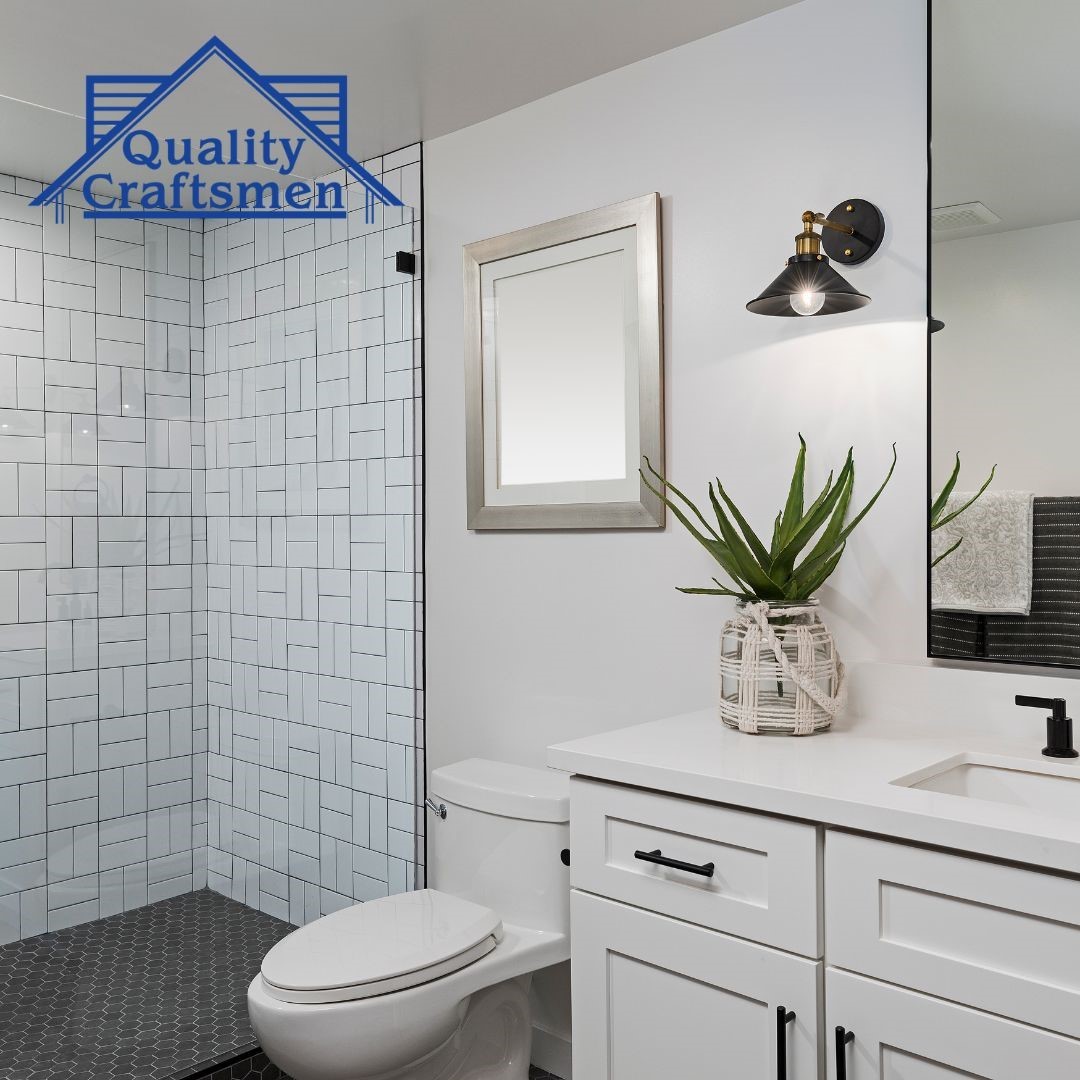

Comments